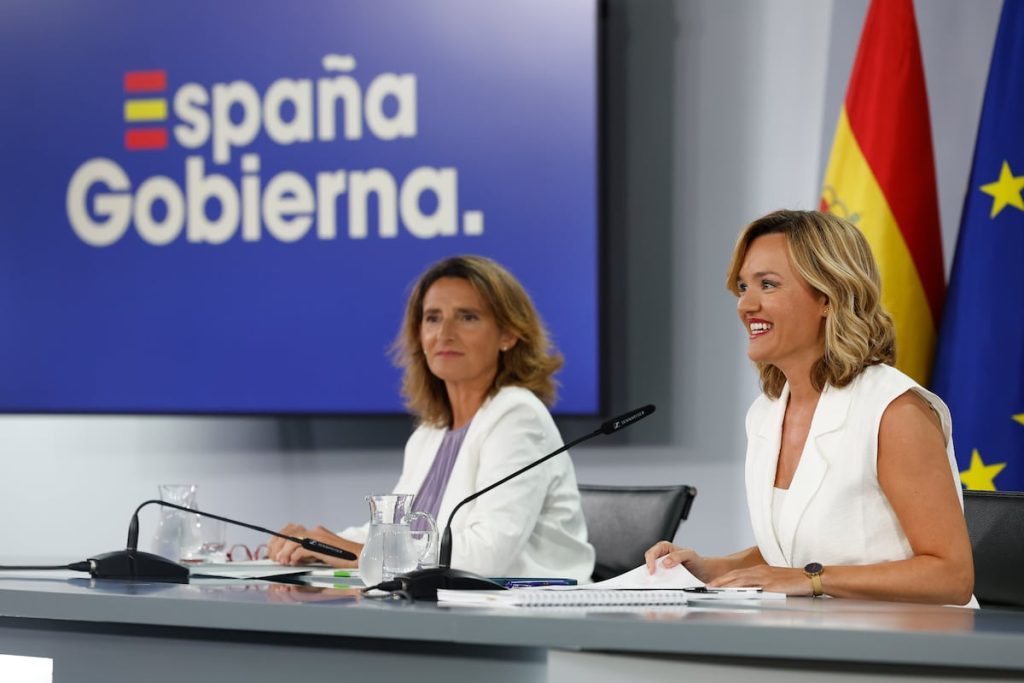The unique funding for Catalonia has become the latest hot topic that the Government has to juggle amidst criticism from the PP and discomfort within the PSOE. The interpretations of the fiscal agreement between the PSC and ERC, brokered by President Salvador Illa, vary widely, but for La Moncloa it is clear: the pact does not go against equality among Spaniards and will allow for a deepening of self-government in Catalonia while ensuring “interterritorial solidarity,” as stated by Pilar Alegría. Moreover, Catalonia would not be the only autonomous region with a unique treatment.
Alegría and López have been very careful and have not mentioned “economic concert” at any point. This definition refers to the existing model in the Basque Country, which First Vice President and Minister of Finance, María Jesús Montero, denied last week. “Whoever says otherwise is lying,” she declared. “It is a concert,” retorted the EU’s foreign affairs chief, Josep Borrell, who described the new funding model as “confederal” in an interview with EL PAÍS. The Finance Minister of Castilla-La Mancha, Juan Alfonso Ruiz Molina, expressed his skepticism: “I do not call it a special model, I call it a concert. And I can say that as can academic literature.” He affirmed that the agreement reached between the PSC and Esquerra with the government’s support is a concert, despite the minister calling them liars.
The Government, which has not yet set a date for the convening of the Fiscal and Financial Policy Council (CPFF), has reiterated its “commitment to Catalonia and to the rest of the autonomous communities,” citing the billion-euro grants that the Executive has distributed to the regions in contrast to the situation during Mariano Rajoy’s tenure. “The commitment of the Government of Spain is absolute in terms of regional financing and the improvement of public services provided by the autonomous communities. And that is demonstrated by actions,” Alegría stressed, citing a historical figure of 300 billion euros to support the homogenization of public services.
The Socialist Minister has advocated for the Government, and implicitly the PSOE, as the guarantor of adequately resourced public services. The alternative, as she presented, would be the PP, with whom she associated with social cuts and tax cuts for high incomes, using Madrid as a model to follow. “The best way to guarantee equality among Spaniards is with historic resources, as the Government of Spain has conveyed, with a historic sum of 300 billion that allows for better healthcare, education, and dependency services,” she emphasized. The socialists cling to the lack of a homogeneous proposal to reform the financing system presented by the PP, who govern 11 regions and the cities of Ceuta and Melilla, and along with Canarias, co-administers.
Despite efforts by Ferraz and La Moncloa to shift the debate, their arguments still fail to convince the entire PSOE. The Castilla-La Mancha government has reiterated its rejection. The regional Minister of Finance quipped that the CPFF will now be convened by the Hacienda department of the Illa government, “because if this agreement is implemented, it will be Catalonia that decides how much money the rest of the autonomous communities will have.” He believes it will not succeed “because it is a flagrant attack on the principle of equality recognized in the Constitution.”


